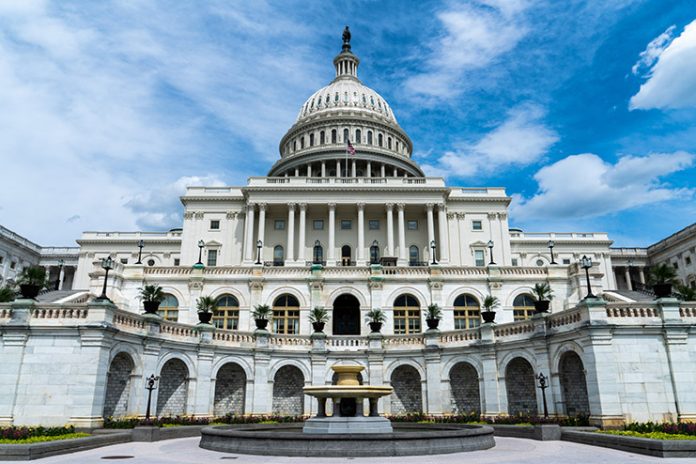WASHINGTON, D.C. – The American Hotel & Lodging Association (AHLA) released a new report showing the average small business hotel will require additional funding from SBA loans under the Paycheck Protection Program (PPP) to rehire employees or prevent further layoffs and keep their business open. AHLA also sent a letter to Congress on April 27 asking for additional funding for the SBA loan program and several technical updates to the CARES Act to help these hoteliers keep their doors open and save jobs.
Last week, Congress passed and the president signed into law the Paycheck Protection Program and Health Care Enhancement Act—a $484 billion coronavirus relief bill that added $324 billion to the Paycheck Protection Program (PPP), which was established under the CARES Act in March.
“The CARES Act is an historic effort to meet the most serious health and economic challenges of our lifetime, and the hospitality industry recognizes and applauds every elected official who has helped meet these challenges,” stated Chip Rogers, AHLA president and CEO. “The policy solutions and technical corrections we offer do not overshadow the gratitude we have for the work already done to help save our industry.”
The AHLA report shows that “covered costs” as defined in the CARES Act cover 47 percent of hotel operating costs. With revenues at 20 percent to 40 percent of the normal level for the remainder of 2020, AHLA is calling on Congress to increase the PPP loan limits. If the CARES Act is amended to raise the loan limit from 250 percent average payroll to 800 percent of covered costs, most hoteliers could keep employees and keep their doors open, according to AHLA. About 33,000 hotels—61 percent of all U.S. hotels—are defined as small businesses.
According to Oxford Economics, the impact of COVID-19 and the associated national shutdown is nine times worse than what the hospitality industry faced following September 11, 2001.
“The hospitality industry is truly engaged in a fight for survival. The human toll is measured in millions of jobs lost, and nearly half of all hotels are functionally closed. If small business hotel owners can’t pay the mortgage or utilities, they will have to close their doors with no jobs for employees to come back to work,” Rogers added.
The report also illustrates an average hotel’s pre-crisis cash flow over a normal six-month period, as well as in the six months post-crisis, depending on SBA loan limits. Given that hotel occupancy is not projected to return to pre-crisis levels before 2021 and revenue until 2022, the average hotel will not generate significant revenue to cover costs even after recovery begins, according to the AHLA report. AHLA maintains that under the current limits, hotel operators using the PPP program would be in a worse cash flow position, but if loan limits were increased, they would be in a better position to rehire employees and keep them employed.











